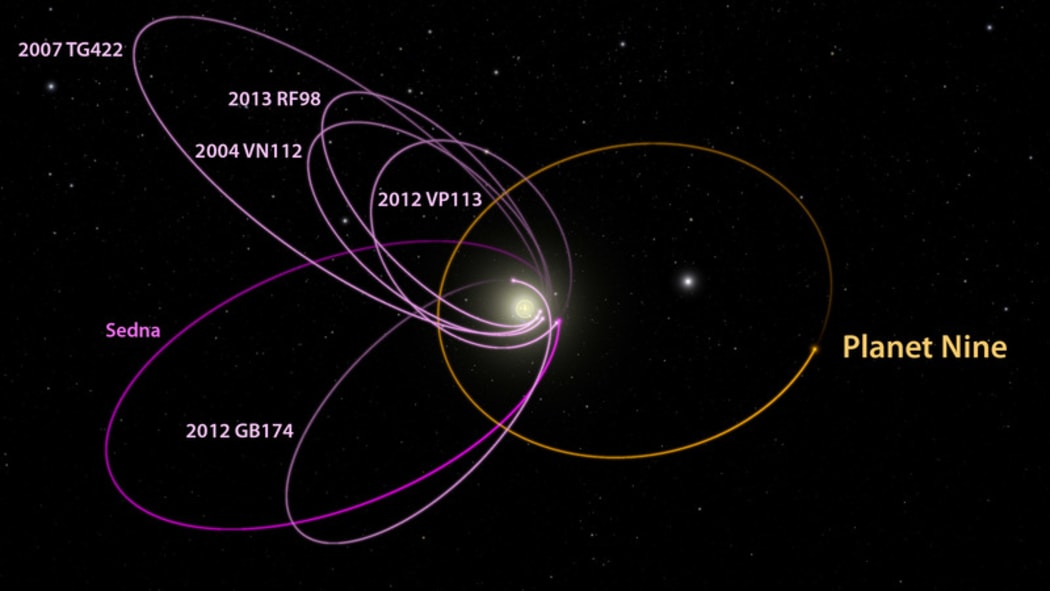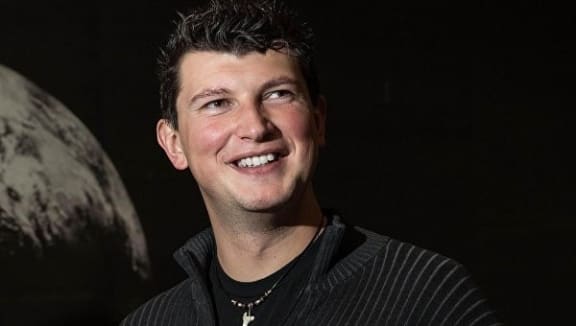The researcher who declassified Pluto as a planet and a Russian-born math genius might have discovered a new planet in our solar system.

Photo: Supplied / Caltech
Earlier this year, California Institute of Technology researchers Mike Brown and Konstantin Batygin were looking at the bizarre behaviour of some objects in the icy Kuiper Belt, way beyond Neptune.

Konstantin Batygin Photo: Supplied / Caltech
After crunching the numbers, they determined a hypothetical ninth planet between the size of Earth and Neptune could be making mischief billions of kilometres from the sun.
Now the hunt is on worldwide to actually see 'Planet Nine' and confirm the theory, which would make it the first genuine planet discovered in our solar system since Neptune in 1846.
Professor Batygin, on the line from California, told RNZ host Jesse Mulligan that the first clue came from a previously published paper about orbital parameters in the Kuiper Belt.
"[Brown] walked into my office and said 'have you seen how weird this is'... He kind of waved this picture, which he'd printed out," he said.
"What Mike was showing [me] was effectively the tip of the iceberg. What's really going on is that if you go far enough into the solar system, all of the orbits line up. All of the elliptical orbits of these icy debris swing out into the same direction and lie roughly in the same plane.
"It really is quite simple. If you draw the orbits, something is keeping them together."
The notion of a planet beyond the orbit of Neptune had been floating around in one form or another for 150 years, he said.
"It has sort of disintegrated to the point where mostly crazy people talk about it. We really, really, really did not want to go down this road - talking about there being a planet beyond Neptune - because that's crazy."
But, after 18 months sorting through other possibilities, the pair decided a planet was the only hypothesis that worked.
"The moment you introduce such a planet, in this particular configuration that we found, the rest of the solar system falls into place."
They suspected the planet would be made of icy material and rock, with a "substantial" atmosphere. It would probably be a couple of times bigger in size than the Earth - "maybe three" - and 10 times its mass, he said.
And - once the planet's existence was proven - did he have a name in mind?
"We certainly want to see it before we name it. Between the two of us, we refer to it as 'Phatty' or 'George'."

